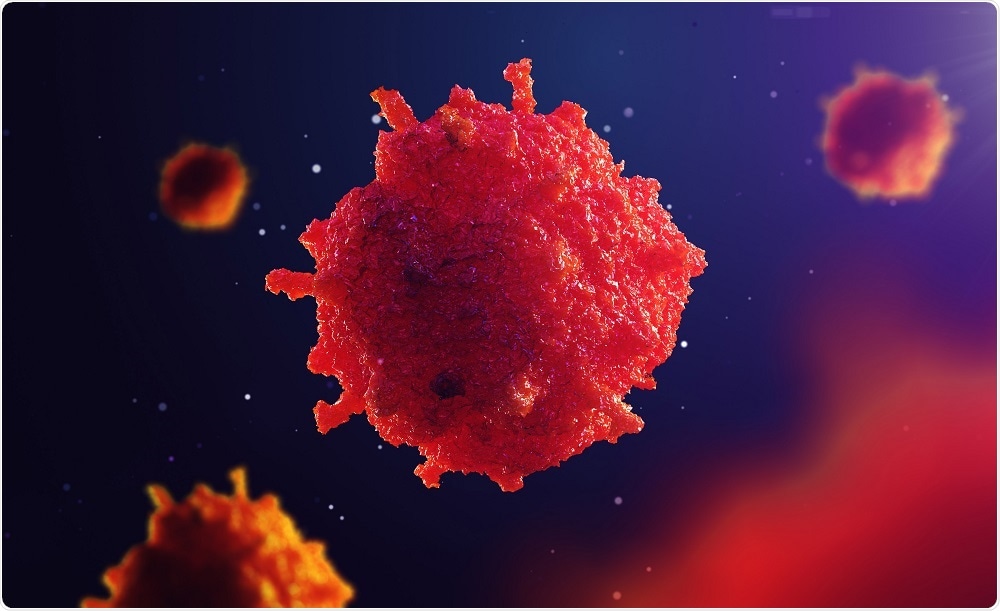Researchers from the University of Southern California have shown that if certain blood stem cells that produce immune cells are deficient, other blood stem cells compensate by overproducing the immune cells that are lacking.
 Credit: Egorov Artem/Shutterstock.com
Credit: Egorov Artem/Shutterstock.com
The finding could help researchers understand how to optimize treatments for a range of diseases.
In a study of a mouse model, Lisa Nguyen and colleagues tracked the individual blood stem cells that reside in bone marrow by attaching a unique piece of genetic code to each of the cells.
When blood is produced, each of the stem cells passes its genetic label onto its progeny, which includes two types of white blood cells – B cells and T cells.
To test the contributions of the labelled stem cells, Nguyen and team conducted bone marrow transplantations in the mice. A combination of normal blood stem cells and deficient blood stem cells was introduced to the mice.
The deficient stem cells had a genetic mutation that stopped them from producing either B cells only or both B cells and T cells.
As reported in the journal EMBO Reports, the B cell and T cell deficiencies were compensated for by the normal blood stem cells.
In the mice with B-deficient stem cells, normal stem cells overproduced B cells and in the mice with B- and T-deficient stem cells, the normal cells overproduced both B cells and T cells.
The scientists found that this compensation was mostly achieved a few specific blood stem cells. These particular stem cells proliferated dramatically to compensate for the deficiencies and showed changes in gene activity that enabled them to overproduce the immune cells that were lacking.
Assistant Professor Rong Lu says the ability of these stem cells to compensate in this way provides some degree of resilience to disruptions of the blood and immune system such as the aging process, the early stages of many blood cancers and disorders and bone transplantation.
By understanding and ultimately harnessing this innate capacity of stem cells, we can potentially optimize treatments for a wide range of diseases."
Rong Lu, Assistant Professor